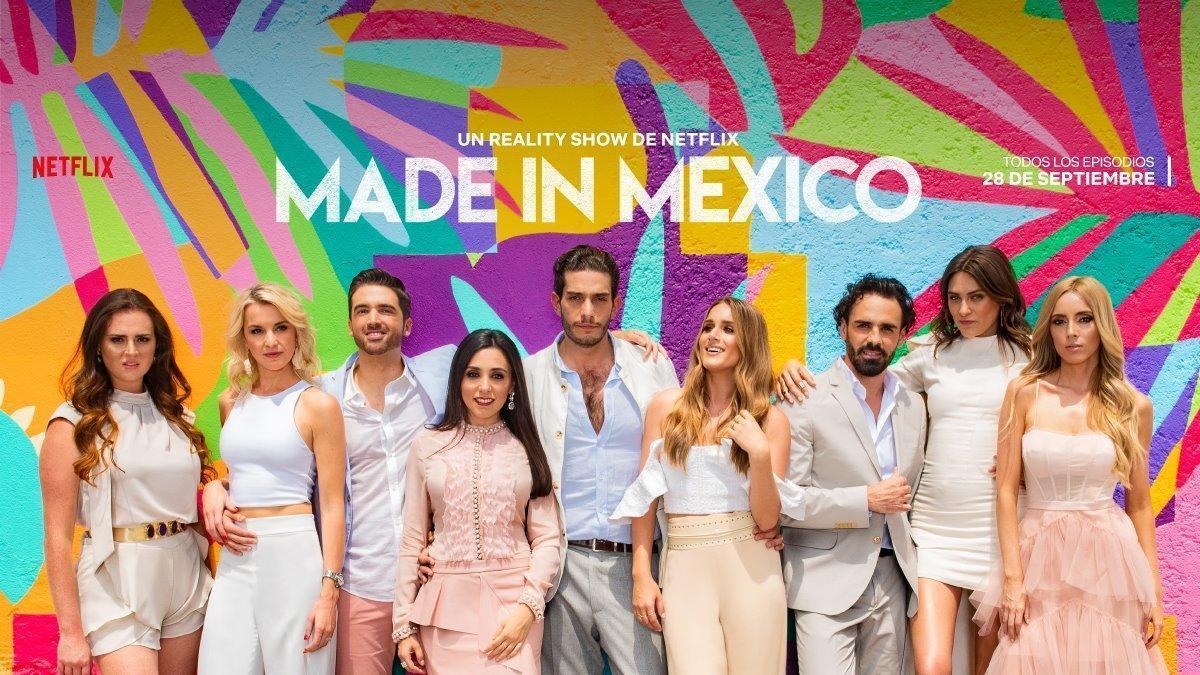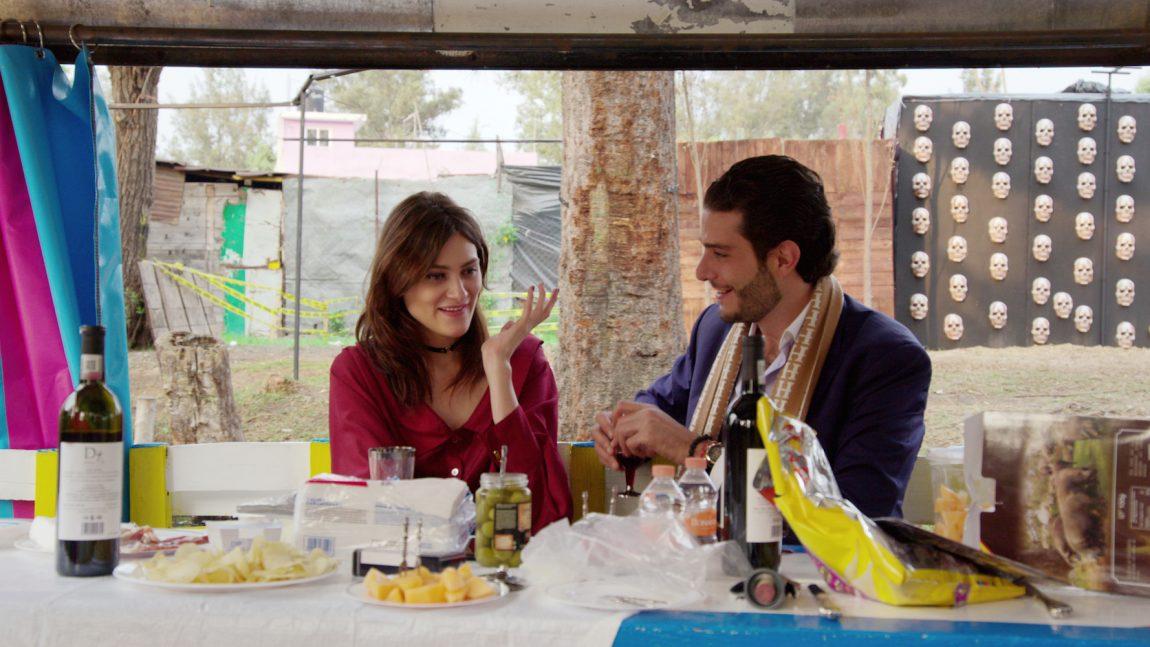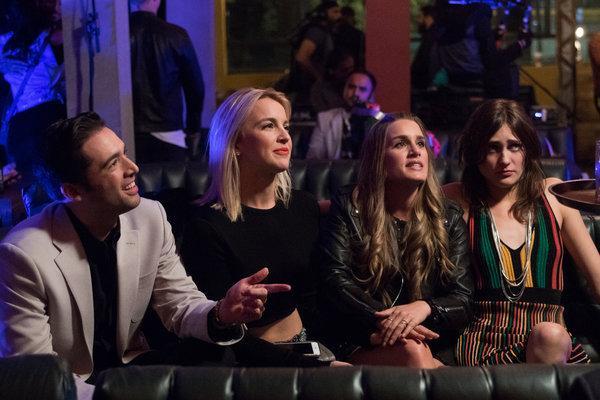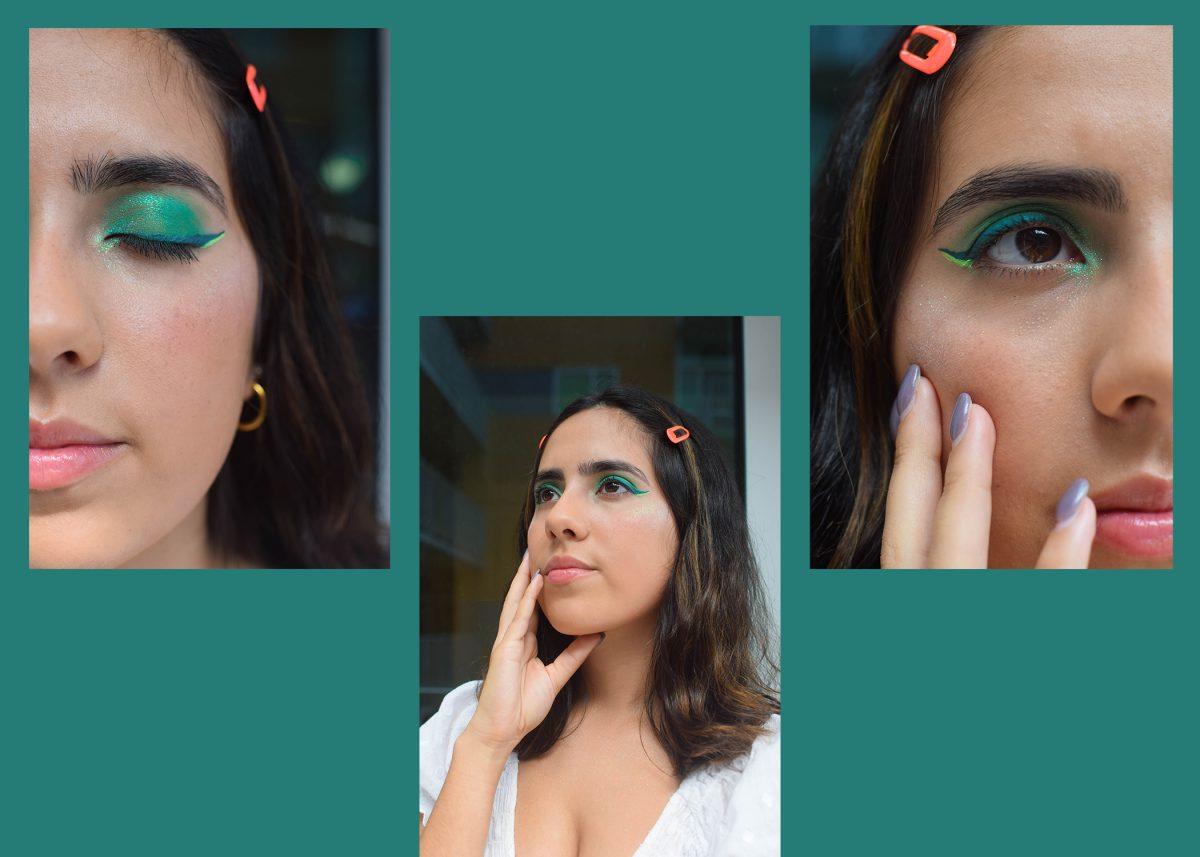Netflix’s first Mexican reality show features nine Mexico City socialites and their luxurious lifestyles. Think “90210” but make it Mexican. The show aims to disprove President Donald Trump’s now infamous racist and xenophobic comments about Mexicans. By focusing solely on the country’s elite, however, the final product falls short of making the social commentary it strives for.
Story by Juan Alfonso Núñez Rodríguez
Photos courtesy of Netflix
The show opens up with breathtaking shots of Mexico City. As the most populated city in North America, there is plenty to show. Viewers see shots of skyscrapers, museums, nightclubs and everything that distinguishes a global city. Nine different light-skinned, upper class Mexico City socialites in their late 20s are interviewed in mostly English and Spanish when a familiar voice over says, “They’re bringing drugs, they’re bringing crime.” Right off the bat, the show references Trump’s infamous “bad hombres” speech.
At this point, it becomes very clear the show caters towards an American audience. From the heavy focus on English, to the emphasis on the two American cast members, the show keeps an American viewer in mind before a Mexican one. Mexican media has praised developed nations and has seen their recognition as the ultimate seal of approval, but something here goes beyond that.
“Made In Mexico” has the ultimate goal of disproving the rhetoric aimed at Mexican Americans. When some speak of Mexicans, images of violent gang members or obedient “hard-workers” may come to mind. These stereotypes are only perpetuated through media portrayals and now, the president.
In just two years, migration to the United States has become tougher than ever. For Latinx people in the country, their surroundings often remind them how little they are valued and cared for in a land that does not feel like home. Trump started out his campaign by saying Mexicans bring, crime and rape to the country only to be met with cheers from the crowd and across white America. The stars of the show claim this moment as the source of inspiration for the series.
“Made in Mexico” combats this narrative by showcasing the cream of the crop of Mexican elite society. The series depicts people known as “fresas,” or Mexico’s stereotype of young people who come from wealthy families. The show takes Trump’s comments and the current popularized image of Mexicans and says “we’re not bad hombres, we’re fresas.” But what the cast members do not seem to understand is that Trump was not talking about them when he made his remarks.
While the “bad hombres” comments were aimed at the people Mexico is “bringing” to the United States, there’s another group Trump mentioned. He followed up the initial comment by saying “some, I assume, are good people.” When Trump spoke of bad hombres, he meant the majority of Mexican immigrants, those who cross borders with nothing but a pair of shoes and prayers, enter the country and spend lifetimes working so that future generations can find a better life in the country.
When Trump spoke of good people, he spoke of the cast of “Made in Mexico,” those who are born into wealth and privilege, who inherit successful businesses from their fathers and fly on their private plane. These people may face forms of racism and xenophobia but they also possess a type of privilege the rest of their birth nation will never know. The show’s agenda to disprove Trump is counterproductive because Trump never aimed his comments at the cast. “Made in Mexico” just creates further invisibility and shame for Mexican individuals who cannot afford that lifestyle.
It should come as no surprise that the show has faced criticism from Mexicans. As President-Elect Andrés Manuel López Obrador and the socialist MORENA party prepare for presidency, Mexico’s capitalistic and classist environment has been threatened. However, as far as American audiences go, the show really isn’t any different from any other reality trash-TV show. It could even be a great opportunity to increase tourism for Mexico by showcasing rich people fighting against a background of a historic city. In that sense, the show does make progress toward representation and advances rhetoric about Mexico by increasing global interest in the country. But it’s more than safe to say that “Made in Mexico” won’t make Trump take back his “bad hombres” comment anytime soon.














































